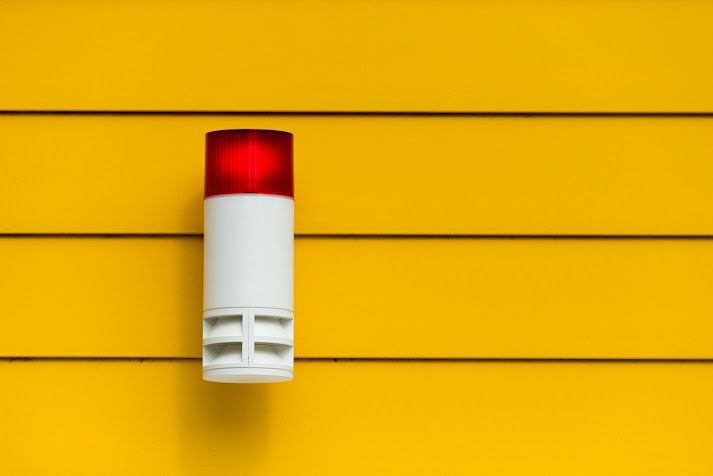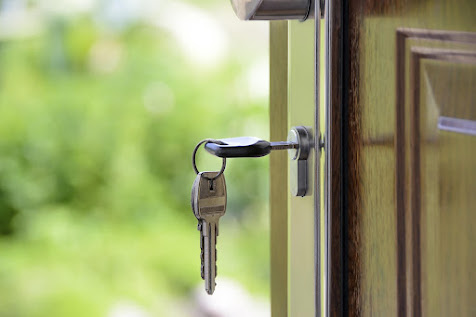Are Smart Locks Safe? Pros and Cons Explained
In today’s connected world, smart home technology is more popular than ever — and smart locks are leading the charge. But with the rise in cyber threats and growing concerns about privacy, many homeowners are asking the same question:
Are smart locks safe?
In this article, we’ll break down the pros and cons of smart locks, help you understand how they work, and explore whether they're a good fit for your home security setup.
🔐 What Are Smart Locks?
A smart lock is an electronic lock that allows you to lock and unlock your door using your smartphone, voice command, fingerprint, or even automatically through geofencing. Many smart locks connect via Wi-Fi, Bluetooth, or Z-Wave and are often integrated into broader smart home systems like Alexa, Google Home, or Apple HomeKit.
They offer a sleek alternative to traditional keys — but does that convenience come at a cost?
✅ Pros of Smart Locks
1. Keyless Convenience
No more hiding spare keys under the mat. With smart locks, you can enter your home using a PIN code, smartphone app, or biometric access. This is especially useful for families, Airbnb hosts, or anyone who frequently forgets their keys.
2. Remote Access
Running late or need to let someone in while you’re away? Many smart locks let you lock or unlock your door from anywhere using a mobile app. Perfect for letting in cleaners, dog walkers, or guests.
3. Access Logs and Notifications
Smart locks can keep a log of who entered and when. Some even send real-time alerts when your door is locked or unlocked. This can give you added peace of mind, especially if you have kids or roommates.
4. Temporary Access Codes
You can create temporary or one-time access codes for visitors or service providers. These codes can expire after a set time, reducing the risk of unauthorized entry.
5. Integration with Home Automation
Smart locks can integrate with other devices like security cameras, alarms, and smart lights. You could, for instance, set up a rule to turn on lights and disarm your alarm when the door is unlocked.
❌ Cons of Smart Locks
1. Hacking Risks
Yes, smart locks can be hacked — just like any connected device. Poorly secured apps, weak passwords, or outdated firmware can make your lock vulnerable to cyberattacks.
Tip: Always use strong passwords, enable two-factor authentication, and keep your devices updated to reduce risks.
2. Battery Dependency
Most smart locks run on batteries, which need to be replaced every few months. If your battery dies and you don’t have a backup key or power source, you might find yourself locked out.
3. App or Wi-Fi Failures
No internet = no remote access. If your Wi-Fi goes down or the app crashes, you may not be able to control your lock remotely. Choose a smart lock that still works with physical keys or keypads as a backup.
4. Installation and Compatibility Issues
Not all smart locks are easy to install. Some may not fit older doors or may require additional hardware. It’s essential to check compatibility before purchasing.
5. Cost
Smart locks tend to be more expensive than traditional locks, with prices ranging from $100 to $300+. Add in installation and potential subscription fees for premium features, and the cost can add up.
🔎 Are Smart Locks Really Safe?
Yes — but only when used responsibly.
Smart locks offer a high level of security, but like any digital device, they come with risks. If you follow best practices — such as keeping software updated, using secure passwords, and buying from reputable brands — smart locks can be as safe, if not safer, than traditional locks.
📌 Final Thoughts
So, are smart locks safe? The short answer: Yes — if you use them wisely.
They’re a smart addition to modern homes, offering convenience, flexibility, and solid security features. But like all tech, they’re not completely foolproof. Make sure to choose a trusted brand, keep your software up to date, and always have a backup plan in place.






No comments: